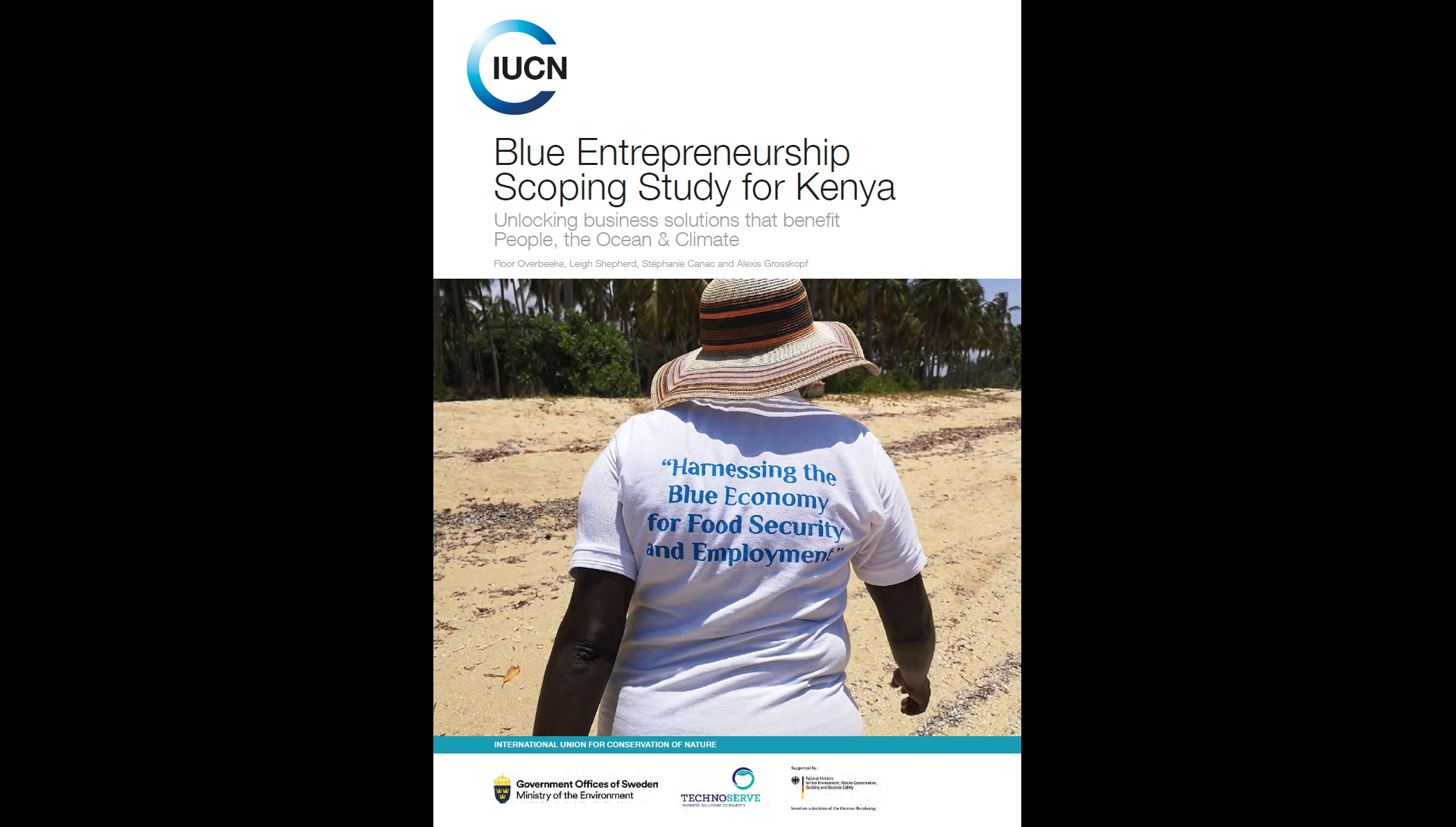Judicial Colloquium in Geneva Focuses on SDGs and Promoting the Environmental Rule of Law in the Pan-European Region
Dr. Luc Lavrysen - High-level judicial conference enhances judicial cooperation in environmental adjudication.
The Judicial Colloquium “SDG16: Role of Judiciary in Promoting the Rule of Law in Environmental Matters” gathered representatives of the judiciary, judicial training institutions, other review bodies and experts from 30 countries of the pan-European region and beyond in Geneva from 27 to 28 February 2019. The event was convened by the United Nations Economic Commission for Europe (UNECE) in cooperation with the United Nations Environment, Office of the Special Rapporteur on Human Rights and the Environment, Organization for Security and Cooperation in Europe, IUCN World Commission on Environmental Law, Global Judicial Institute on the Environment, European Union Forum of Judges for the Environment and Association of European Administrative Judges.
The Colloquium provided an opportunity to take stock of progress and challenges, and exchange views on effective handling of cases related to environmental matters and the application of constitutionally based environmental rights in the context of sustainable development. The meeting also addressed the role of the Aarhus Convention in this context, the linkages between the Aarhus Convention and other UNECE Multilateral Environmental Agreements (Espoo Convention and the SEA Protocol, Water Convention and the Protocol on Water and Health, Air Convention and Industrial Accidents Convention) in enforcing environmental law in the context of environmental constitutionalism and sustainable development. It thereby supported attainment of target 16.3 of Sustainable Development Goal 16 on promoting the rule of law at the national and international levels and ensuring equal access to justice for all.
Opening the event, Justice Luc Lavrysen, the President of the European Union Forum of Judges for the Environment and the Chair of the Colloquium, highlighted that environment-related objectives constitute a significant part of the 2030 Agenda for Sustainable Development and Goal 16 (peace, justice and strong institutions) and its target 16.3 (rule of law and access to justice), which has become an essential safeguard for these objectives. He acknowledged the critical role of courts in achieving sustainability.
In welcoming remarks, Justice Antonio Benjamin, the Chair of the IUCN World Commission on Environmental Law, highlighted the crucial role of the recently established Global Judicial Institute on the Environment (GJIE) in serving as a platform for judicial capacity-building and education programs aiming to improve the administration and resolution of environmental cases. The Institute is launching a membership application procedure, signed a letter of support with United Nations Environment, and undertaken a number of activities at the global and regional levels in cooperation with partner organizations. GJIE has also begun preparatory work for launching a website with resource material for the judiciary.
The meeting informed further discussions a month later in Geneva at the Aarhus Convention's Task Force on Access to Justice the 2019 Regional Forum on Sustainable Development for the UNECE Region and its round table "Empowering People to Protect the Planet - the Environmental Dimension of SDG 16" (21 and 22 March 2019).
This judicial colloquium became yet another milestone in the progress toward enhanced judicial cooperation in the environmental field.
Author
Dr. Luc Lavrysen is a Justice of the Belgian Constitutional Court, the President of the EU Forum of Judges for the Environment, and a Member of the Interim Governing Board of the Global Judicial Institute on the Environment.





